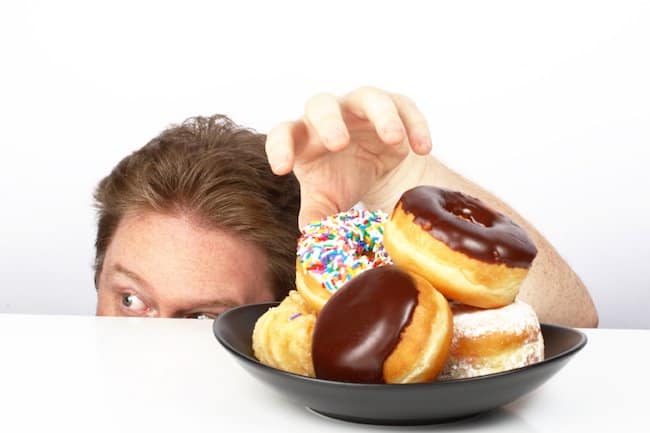
From birth, sweet tastes are thought to be the ones human beings prefer. In addition to this carbohydrates such as sugar release serotonin in the brain, a feel good chemical that boosts our mood. So is it really any wonder that so many people crave sugar? It doesn’t hurt that sweet things generally taste great too! Most people can relate to reaching for a block of chocolate or can of soda to get them through an afternoon slump, or as comfort after a bad day. So how can we stop these cravings and work towards minimizing our sweet treat cravings?
What causes sugar cravings?
Low endorphin levels
Sugar cravings can be caused by a number of factors, both physical and physiological. One important influencing factor is the release of the hormone serotonin, as well as endorphins, when we eat sugary foods. Women may often experience sugar cravings when they are premenstrual, as this is when endorphin levels tend to be lowest. The release of such substances makes us feel good, a state which, understandably, we want to return to as often as possible. In turn this may lead us to crave sweet carbohydrate containing foods. It is important to realise though, that sugary foods are not the only ones that have these effects. Fruit and complex carbohydrates will also have this effect on the body, although it may not be so immediate.
A drop in blood sugar levels
Another factor contributing to sugar cravings is a drop in blood sugar levels. This can occur for a number of reasons, for example if you haven’t eaten for a long time, you are doing exercise or you are stressed. This fall can leave us reaching for the nearest sweet treat to boost sugar levels as soon as possible. Unfortunately, if we use simple carbohydrates to replenish blood sugar levels we are not doing ourselves any favours from a cravings perspective. Simple carbohydrates such as sugar and refined grains cause a spike in blood sugar levels. However, this is followed in quick succession by a drop, leaving you once again craving sweets. It is much better to increase blood glucose at a steady rate by eating complex, low GI carbohydrates, which will keep sugar levels at a steady level for a longer period.
Fungal Infection
A less common cause of sugar cravings is a yeast or fungal infection in the digestive tract. These have a high sugar demand, leaving the host craving sugary foods to feed the infection. Other causes can include fluctuations in blood glucose levels due to food allergies or sensitivities.
How to stop sugar cravings
1. Indulge in just a little
If you are craving sweets, have just a little of what you want, for example a small square of chocolate or a tiny slither of cake. This may be enough to satisfy your craving. Sometimes depriving ourselves leads to even stronger cravings which eventually results in a binge. A little of what you want, as long as it really is a little and not all the time, will not have a negative effect on your diet. However, this technique is not for everybody. Some people may find themselves unable to stop at just a little and even experience increased cravings after a small amount of sweet food. If this is true for you, the next tip might be a better option.
2. Go cold turkey
Clear all sweets away from your vicinity and try an exercise in will power. As with any addiction, the first 24-48 hours is the hardest, but if you make it through this, the cravings will continue to get less and less as time goes on. Be strong and preserve through those first couple of days and you will find your sugar cravings much more manageable. It is a good idea to enlist a friend to help you through those early days and give you a pep talk if necessary.
3. Avoid artificial sweeteners
Although these might seem like an acceptable alternative to sugar, without the calories and weight gain, they are in fact thought to increase sugar cravings. Foods containing these substances taste sweet; therefore the body expects a rush of sugar to follow. When this sugar hit doesn’t eventuate, cravings kick in and you will find yourself back at square one, wanting a sweet treat all over again.
4. Control blood sugar levels
Choosing low GI (glycemic index) carbohydrates, such as whole grain bread, pasta and oatmeal causes a moderate rise in blood sugar levels that stays constant for a longer period. This means you experience less blood sugar fluctuations and less sugar cravings. High GI foods such as white rice, potatoes, refined grains, and sweets cause a large increase in blood sugar, followed by a large drop that can lead to cravings. Try to base all your meals around low GI carbohydrates for best results.
5. Make it difficult to satisfy cravings
Sometimes it is simply enough to make it difficult to find sweet foods. If you don’t buy them you can’t eat them, so empty your cupboards and stay away from the confectionary isle at the supermarket. If you have to spend a lot of time and energy locating your sweet treat, you are a lot less likely to go to the effort than if it is right in front of you and it will make you consider if the craving is really worth the bother.
6. Choose healthy sweet treats
Sweet foods don’t always have to be unhealthy. Snacks such as fruit, dried fruit and low fat natural yogurt with a little honey will all satisfy your sweet tooth. Snacking on carbohydrates such as whole grain crackers or toast can also give you that blood sugar boost you crave.
7. Distract yourself
When you feel a craving coming on, try to change what you are doing, even temporary. Sometimes what we mistake for craving can simply be due to habit or boredom. So go for a walk, take a bath or chat to a friend. Even if it is only for ten minutes, it may be enough to distract you from your craving.
8. Drink water
Sometimes we mistake hunger for thirst. If you feel a craving for sugar, first try drinking a large glass of water (See also Does water make you lose weight?). If you are still hungry ten minutes later, have a small snack, but often this slight dehydration is misinterpreted as a call for food.
9. Brush your teeth or chew some gum
Even chocolate doesn’t taste good after brushing your teeth, so this may put you off eating something sweet at least for a short time. Chewing gum can have the same effect and has the added benefit of occupying your mouth, so it is in fact impossible to put anything else in it.
10. Eat regularly
By eating regular meals and snacks, you limit the likelihood of drops in blood sugar levels. It is important to have at least three meals a day and if necessary a couple of small snacks between meals. If you are concerned about calorie intake, save part of your main meal as a snack later on. By doing this you are consuming the same amount of calories, but maintaining blood sugar levels at a more constant level. Each meal should be balanced and based on low GI complex carbohydrates for optimum blood sugar control. Never skip a meal if possible, as this opens you up to the possibility of binge eating when hunger hits hard later on.


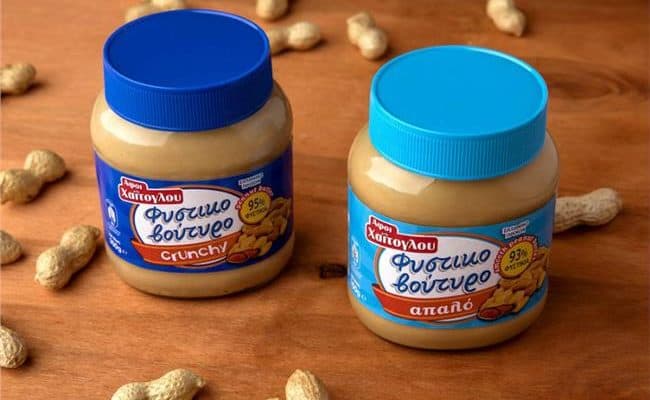
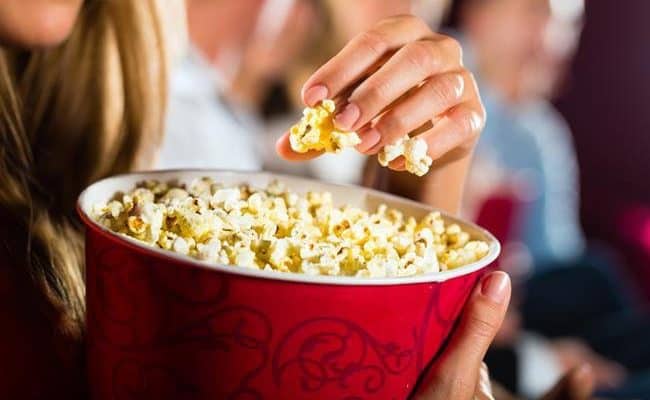
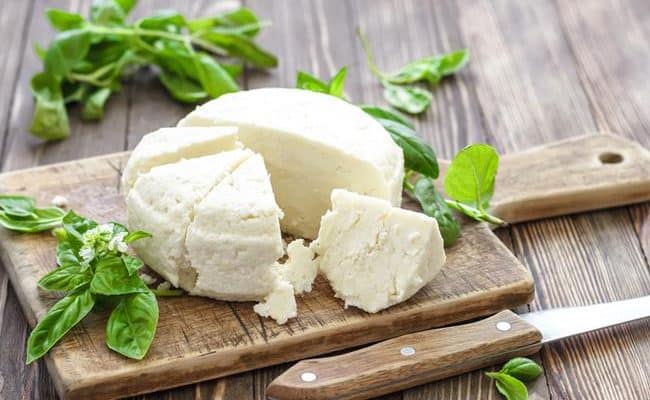
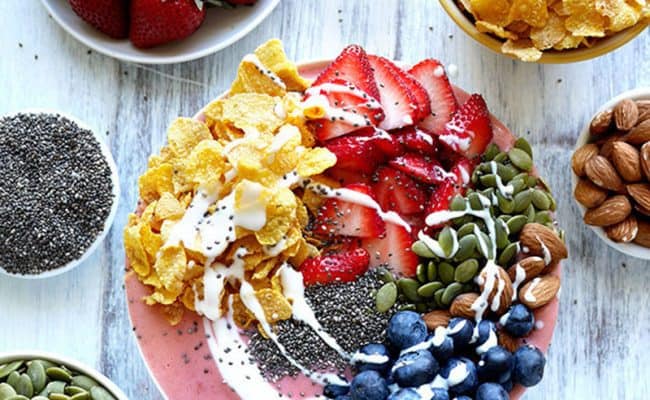





Ramesh Patel says
I am a Purely Vegitarian [ Jaines] age of 49 having 5.6″ hights and 84 Kg Weight, i want to reduce weight by 10 Kg in one year by Excercise and food control.
Please help/guide me
Ramesh patel
phil says
I pick…option #2….cold turkey.
Shihan Larry Nichols says
I Found out Yesterday my BMI is 38.1. My weight is 235 LBS, Height 5′-6″ with a 40″ waist. I am in fairly good shape with excellent pectoral, quads and calves. I have a strong abdominal core and can do 40 delcine situps with no problem. However, I can not seem to lose the spare tire, no matter what. Today I treked 10.25 miles in 2 1/2 hours averaging 4 mph to start weight loss goal. I want to reach a goal of 200 pounds by April 2013. My goal is to reduce waist size to 34″ by April. I am beginning a ketosis diet (low carb, high protein diet). Any suggestions is much appreciated.
Shihan Larry Nichols
Naomi says
Remember that to burn fat and lose weight, you need to burn more calories than you eat. A 2 1/2 trek is great, but to see results you will need to be doing cardio exercise on a consistent basis, say at least 4 to 5 times per week, although they don’t all have to be for so long!. When you have developed some cardio fitness, interval training may be a good way to increase calories burnt, but it is a good idea to discuss this with your doctor before beginning. As to diet, a healthy balanced diet that is not too high in calories and still meets nutrient requirements. Cutting down portion sizes is a good thing to focus on too. The ketosis diet, whilst effective for some may leave you lacking in energy and be unsustainable in the long term, so it may be better to adopt a more balanced approach for long term results.
tracy lehman says
Hi!
I am a stay at home and have found that I have gradually gained an additional 20lbs! My husband and I have each challenged ourself to a difficult but attainable goal. Mine is to lose 15lbs in 2 months. I currently weigh 149 @ 5’4″…45 years old. I am determined which I hadn’t been in a while! I REALLY REALLY want to do this! I have the most difficulty with my food intake and feeling full and constant snacking! I do not eat any chicken, pork or beef. I am ok with animal byproducts and will each seafood/sushi! I know this is going to take a lot of effort and I am totally game. Can you please send any help on how to feel full and good go to snack options for those times where I’m hungry or used to eating something junky? Additionally, how much work out time and at what level it would take to make this goal! A GREAT shopping spree is on the line as well as good health, better self esteem and a killer body!! 🙂
Thank you SOOOO much!! All info is greatly appreciated!!
Tracy
Kathy says
I find eating raisins or sweet fruits like an orange, mango, banana will curb my craving for sweets and believe me, I have a sweet tooth. Try it out and hopefully it will help.
Good luck
Alex says
I’m going cold turkey as of yesterday, nothing too bad happening yet although I know its going to be harsh later on. Put sugar in everything. I train capoeira quite regularly after work, I’m lanky, ectomorph kind of physique, 6 foot and 75kg (32 years old) so giving up sugar is not about loosing weight, but I reckon quitting sugar is a good way to avoid sugar spikes and then the low energy afterwards, rather get sustained energy for training by eating low GI (glycemic index) carbohydrates.. do you think this is a good idea?
Rita says
Good instructions you give for to stop sugar cravings naturally and its very helpful.